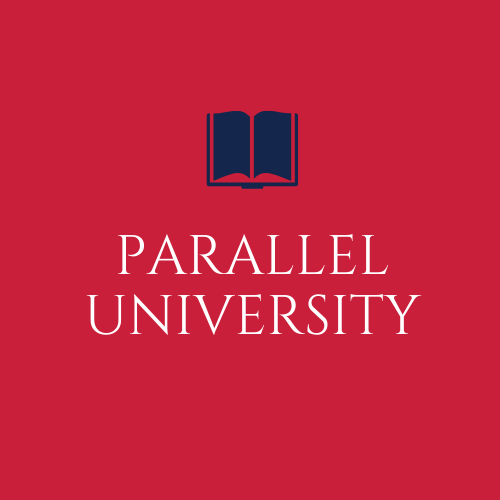What is Self-Reliance?

The 5 Pillars of Self-Reliance
October 3, 2023
Creating societal change through teaching goal setting
October 3, 2023What is self reliance and why is it so important?
Self-reliance is defined as the ability to rely on oneself and one's own abilities, rather than relying on others or external resources. It is the ability to be self-sufficient and independent, both emotionally and financially. It also refers to the ability to trust one's own judgement, and to have confidence in oneself.
Self-reliance vs self-sufficiency
The terms self-reliance and self-sufficiency sometimes get used interchangeably. However, it’s important to recognise that the meanings of these terms are different in subtle yet important ways.
Self-reliance is the ability to rely on oneself, with an emphasis on personal responsibility and self discipline to achieve success and happiness. It involves being resourceful where needed, including, importantly, connecting with others for support and guidance.
Self-sufficiency, on the other hand, is the ability to provide for oneself, without relying on outside assistance. It emphasises the importance of being able to produce or obtain everything that is needed for survival such as food, shelter and clothing and often involves a degree of isolation from society.
Self-reliance should not be confused with hyper-independence.
A self-reliant individual is still a connected, integrated member of society.
7 ways to foster self-reliance
- Setting personal goals
Setting and achieving personal goals can help individuals develop a sense of self-efficacy, which is an important aspect of self-reliance. - Problem-solving skills
Teaching people how to identify and solve problems can help them become more self-reliant by giving them the ability to manage their own lives. - Self-reflection
Encourage people to reflect on their own thoughts and feelings, which can help them become more self-aware and better able to understand their own needs and motivations. - Practical skills
Helping people develop practical skills such as cooking and budgeting can help them become more self-sufficient and less dependent on others. - Positive risk taking
Encourage people to take risks and try new things. This can help them build confidence and learn to trust their own abilities. - The importance of self-reliance
Demonstrate how self-reliance can help them become more independent and successful in life. - Lead by example
Provide examples of others who have become self-reliant and how this has impacted their life.
How to teach self-reliance
Self-reliance can be taught using specific learning strategies that focus on the development of
problem-solving skills, community involvement, self-awareness, positive risk taking and
creativity. These learning strategies are outlined in the table below.
|
Method |
Explanation and examples |
|
Service-learning |
Community service and volunteer opportunities, civic responsibility and impact of actions on community. |
|
Project-based learning |
Real-world projects and problem solving activities to develop critical thinking and problem solving skills. |
|
Experiential learning |
Hands-on, real-world experiences to teach life skills, e.g. budgeting, cooking, independent living. |
|
Self-directed learning |
Taking ownership of learning and setting goals, with guidance and support from teachers and mentors. |
|
Mentorship |
Positive role models and mentors to guide in developing skills and attitudes to be self-reliant. |
|
Mindfulness and self-awareness |
Practices to help understand thoughts and emotions, improve decision making and self-regulation. |
|
Self-efficacy |
Providing feedback, opportunities for success and opportunities for self reflection. |
|
Outdoor education |
Nature-based activities and experiences to teach self-reliance, leadership, teamwork and resource management. |
|
Entrepreneurship |
Starting and running a business, encouraging innovation, creativity and risk-taking. |
|
Self-expression and creativity |
Using art, drama, writing and other creative ways to express themself, discover passions and develop self-confidence. |
|
Peer to peer learning |
Learning from and with each other to develop collaboration and critical thinking skills. |
The delivery of all of the above forms of teaching can be a combination of the below methods and technologies:
- Self-paced learning
- Digital portfolios
- VR and AR
- Mobile learning
- Collaborative learning platforms
- Gamification
- Personalised learning platforms
- Online learning communities
- Digital mentorship program
- Self-assessment and self-regulation tools
Conclusion
Self-reliance is a continuous journey and some people may need more support than others. It's important to provide multiple opportunities and methods to help people develop self-reliance and practice self-reliance as they grow and develop.
If the goal of building up the inner resources of today’s youth by teaching them self reliance resonates with you, we would love to hear from you.




